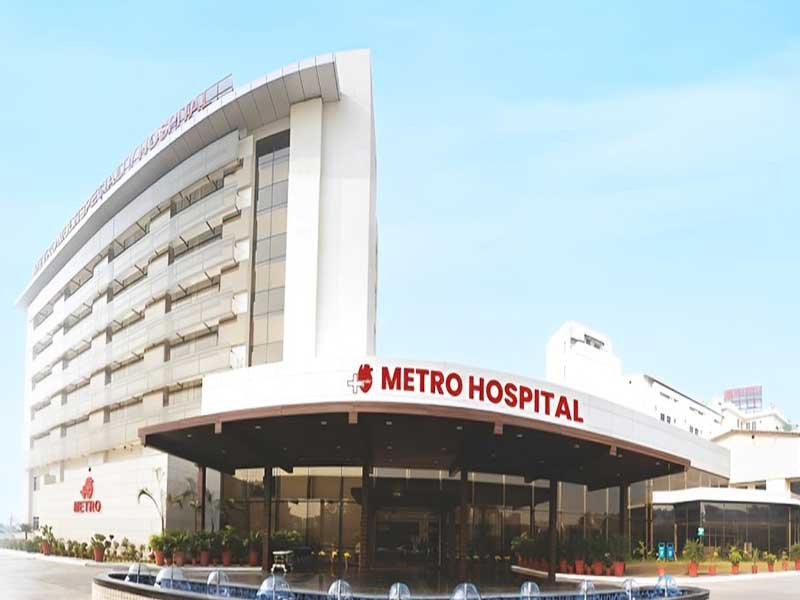Kidney dialysis is a life-saving treatment that removes waste and excess fluids when your kidneys stop working properly, helping you stay healthy and feel better.
Recovery Time
N/A
Success Rate
N/A
Hospital Stay
Day Care
Treatment Type
Non Surgical
Home Treatments Nephrology Kidney Dialysis
Kidney Dialysis cost
Treatment Name
Estimated Cost
Kidney Dialysis 45-60 USD per sitting
Fill in your details and we'll get back to you soonGet Free Treatment Quote
Beds: 539
New Delhi
Beds: 230
New Delhi
Beds: 710
New Delhi
Beds: 650
New Delhi
Beds: 191
New Delhi
Beds: 310
New Delhi
Beds: 299
Gurugram
Beds: 380
New Delhi
Beds: 402
New Delhi
Beds: 1300+
Gurugram
Beds: 1000
New Delhi
Beds: 450
Faridabad
Beds: 675
New Delhi
Beds: 500
New Delhi
Beds: 400+
Faridabad

Max Super Speciality Hospital, Saket

Aakash Healthcare Super Speciality Hospital

Indraprastha Apollo Hospital

BLK Max Super Speciality Hospital

Dharamshila Narayana Superspeciality Hospital

Fortis Escorts Heart Institute

Fortis Memorial Research Institute

Manipal Hospital Dwarka

Max Super Speciality Hospital Shalimar Bagh

Medanta - The Medicity Hospital

Moolchand Kharaiti Ram Hospital

Sarvodaya Hospital

Sir Ganga Ram Hospital

Venkateshwar Hospital

Metro Heart Institute with Multispecialty
Dialysis itself is generally not painful, though there can be some discomfort during the initial needle insertion for hemodialysis. Peritoneal dialysis, where a catheter is placed in the abdomen, is also typically pain-free after the initial catheter placement and healing.
Yes, it is possible to live a normal, healthy life with only one kidney.
Dialysis is a treatment that replicates some functions of healthy kidneys, like filtering waste from your blood, but it does not cure kidney disease. It is a life-sustaining treatment that can improve the quality of life for individuals with end-stage renal disease.
Kidneys are the most commonly donated organs by living donors. A healthy person can lead a normal life with only one functioning kidney and therefore are able to donate the other to help someone in need of a kidney transplant.
Dialysis itself does not hurt. In hemodialysis, the needles may hurt going in, but they should stop hurting after that. You can ask for numbing medicine before you get the needle sticks if they bother you. Many people get used to the needles in time.
Living Related Donors: From a first-degree relative, such as a brother, sister, parent, or child. This is possible because most people have two kidneys and can live in good health with one. A close relative is preferred as the tissue is likely to have a good match.
Our care team can help you.
